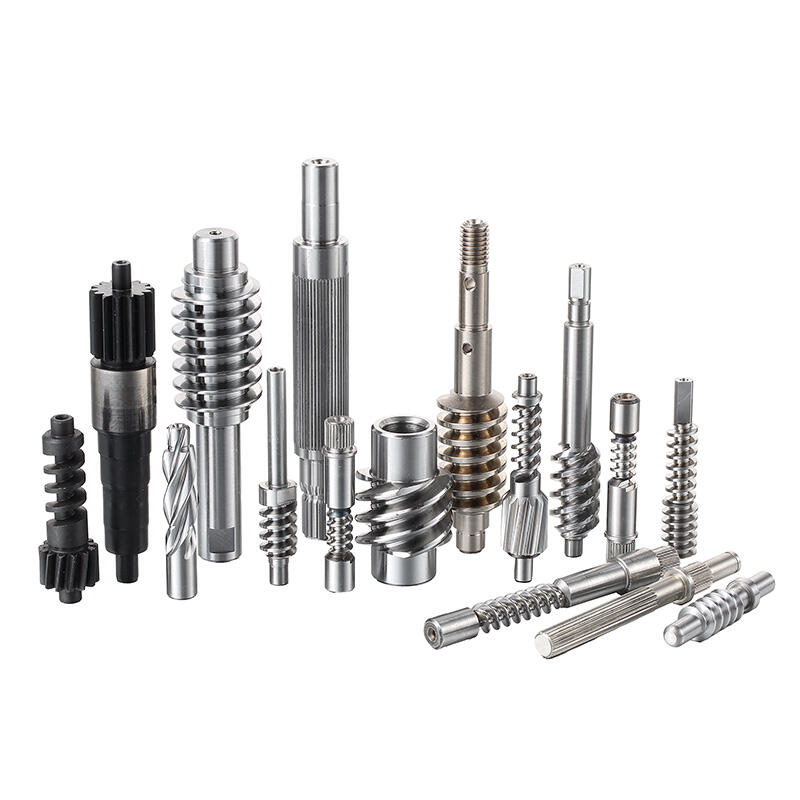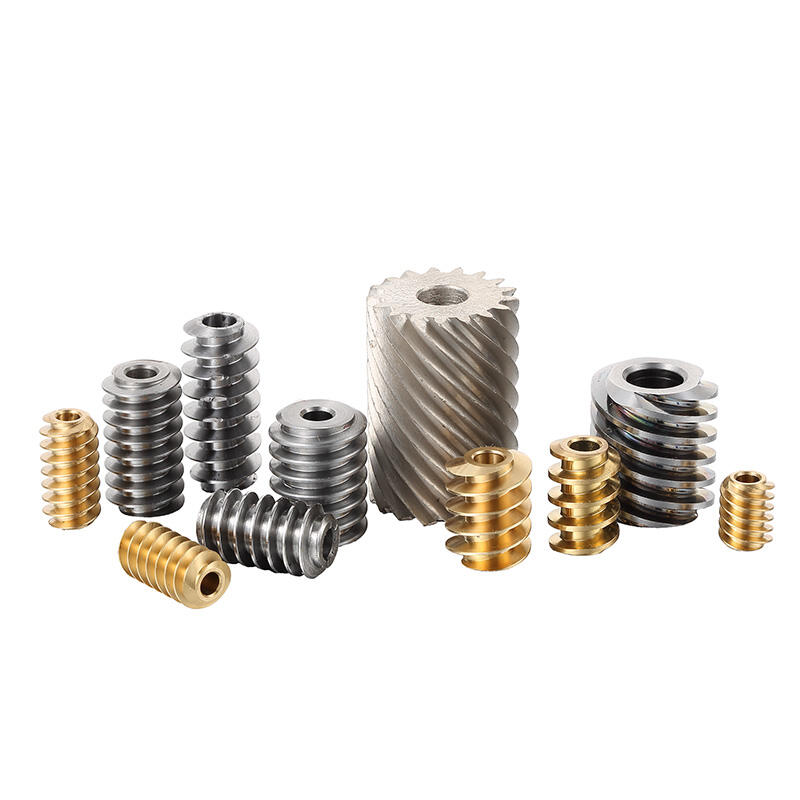peiriann wrthdroi stator motordd
Mae peiriant gwinio statordd yn ddarn o gyfrifiadura manwerthu sydd wedi'i ddylunio'n arbennig i awtometu'r broses o gwinio cawodydd o wifren o copr yn y statorau môtrowy. Mae'r peiriannau cymhleth hyn yn cyfuno pwyntiaeth uniongyrchol â thechnoleg awtomatig i sicrhau cynhyrchu cyson a effeithlon o gynghredau môtrowy. Mae'r peiriant yn gweithredu trwy osod a gwinio'r wifren o gopari o amgylch coledion y statordd yn barodrefn digonol, gan greu'r gwlâu electromagnetig sydd angen ar gyfer gweithredu'r môtr. Mae gan beiriannau gwinio statordd fodern systemau rheoli cyfrifiadurol sy'n caniatáu rheoli tensiwn uniongyrchol, gosod wifren gywir a phatrwmiau gwinio rhaglennu. Gallant ddelio â gwahanol feintiau o wifren a meintiau statordd, gan wneud eu versiwwel ar gyfer gwahanol specifiwadau môtrowy. Mae'r peiriannau hyn yn cynwys nodweddion uwch megis systemau bwyta wifren awtomatig, dyfeisiau monitro tensiwn, a sensornau rheola ansawdd sy'n sicrhau ansawdd gwinio uchafswm. Mae'r technoleg yn lleihau gwall dynol yn y broses o gwinio'n sylweddol wrth geisio cynyddu effeithloni cynhyrchu a chynnal ansawdd cyson. Defnyddir y peiriannau hyn yn eang yn y manwerthu môtrowy ar gyfer amryw o gymwysiadau, gan gynnwys systemau cerbyd, offer cartref, offer trefniant, a systemau energi adnewyddadwy.


